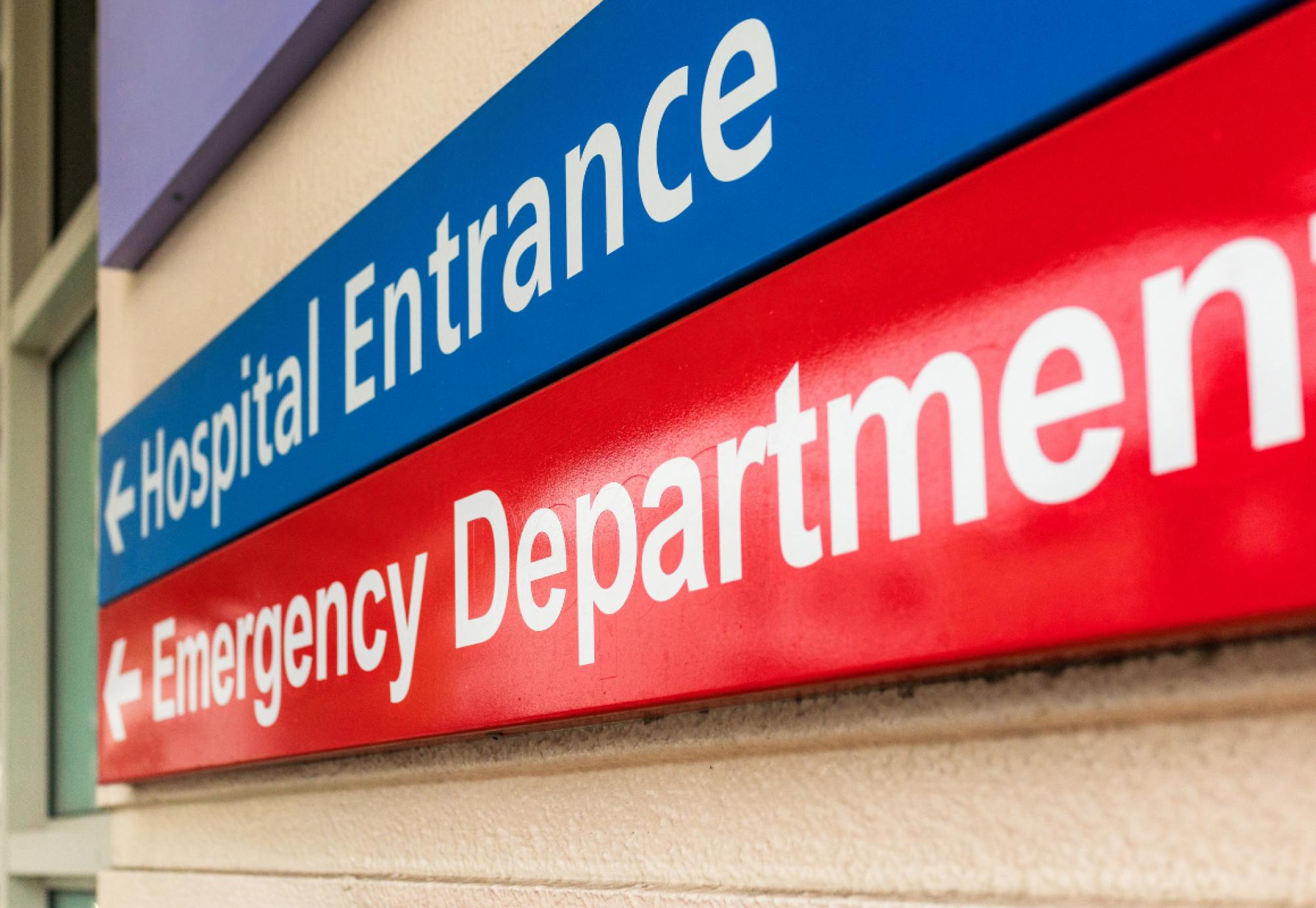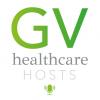In the ever-evolving landscape of healthcare, the pursuit of excellence continues to reshape patient care. As we delve into the National NHS objectives for 2023/24, it's evident that a strategic focus on portering services holds the potential to drive monumental shifts in patient outcomes, access, and safety. At GV Healthcare, we're committed to exploring the pivotal role of effective portering in meeting these objectives and revolutionizing the way healthcare is delivered.
Setting the Stage: NHS 2023/24 Priorities
As we enter 2023/24, the NHS outlines three key tasks to shape its trajectory. The first task revolves around recovering core services and productivity, closely followed by advancing the key ambitions of the NHS Long Term Plan. Transformation remains a fundamental thread interwoven into every action and strategy.
Immediate Priorities and Recovery
Central to the NHS objectives is the urgent need to recover core services and productivity. This demands focusing on several critical aspects, including:
- Improving ambulance response times and A&E waiting times.
- Reducing elective long waits and addressing the backlog of cancer cases.
- Enhancing the core diagnostic standard to improve performance.
- Facilitating seamless access to primary care services, with a special emphasis on enhancing general practice efficiency.
The Power of Recovery and Flow Improvement
A vital facet of achieving these objectives lies in enhancing productivity and optimizing whole-system flow. This involves a series of targeted actions, such as:
- Reducing ambulance handovers and bed occupancy.
- Enhancing outpatient follow-ups relative to first appointments.
- Increasing day case rates and theatre utilization.
- Exploring self-referral options for community services where GP intervention isn't essential.
- Augmenting the workforce capacity in areas like beds, intermediate care, diagnostics, and ambulance services.
The Role of Effective Portering in Improving Flow
Among the array of strategies aimed at optimizing flow, the role of effective portering stands out. A well-coordinated porter service aligning with scheduled resource capacity and hourly call volume demand has demonstrated significant contributions to efficient patient flow and reduced wait times. By ensuring that clinicians can focus on patient care rather than porter tasks, prioritizing patients in need of urgent care, and fostering closer collaboration between clinicians and porters, the foundation for enhanced flow is laid.
Evidence from the Field
Take, for instance, Hull University Teaching Hospital Trust. They experienced an average time reduction of 90 seconds per task, resulting in enhanced efficiency. This integration of digital portering solutions, such as touchscreens with a digital portering system, has yielded remarkable outcomes. This integration provides real-time visibility into portering requests, enabling efficient allocation of resources. Notably, the system empowers staff to identify bottlenecks and allocate portering services based on demands, further streamlining capacity management.
Meeting the Challenge: A Collective Effort
Efficient portering is a cornerstone of capacity management and flow optimization in the dynamic environment of Emergency Departments. It's imperative to recognize that the capacity-demand dynamics are pivotal to effective portering services. In large acute-care hospitals, a significant proportion of in-patients access healthcare services through the Emergency Department (ED), necessitating effective flow management.
Voices from the Field: Enhancing Capacity Management
David May, Deputy Head of Facilities Logistics, highlights the concept of "push and pull." This system responds swiftly to sudden increases in activity, ensuring that porters are allocated to the right areas at the right time. Dave Houghton, Interim Portering Postal & Switchboard Manager, echoes the sentiment, emphasizing that the right allocation of porters enhances patient flow and overall efficiency.
Efficiency and Beyond
The integration of touchscreens and digital portering management systems has ushered in a new era of efficiency. By simplifying the portering request process, eliminating manual paperwork, and enhancing real-time visibility into tasks, these systems optimize operational efficiency. Mark Vipond, Porter Supervisor, praises the simplicity of touchscreens and how they've streamlined the process. Jay Choudry, Porter Supervisor, adds that the system allows efficient task prioritization throughout the day.
A Glimpse into the Future
As healthcare embarks on this transformative journey, the strategic deployment of effective portering emerges as a linchpin in meeting NHS objectives. With continuous advancements in technology and innovative solutions, the evolution of portering services is poised to enhance patient outcomes, optimize flow, and ultimately contribute to a healthcare landscape that aligns with the vision of the NHS 2023/24 priorities.
To find out more about how improving portering can help your Trust, contact [email protected]



















